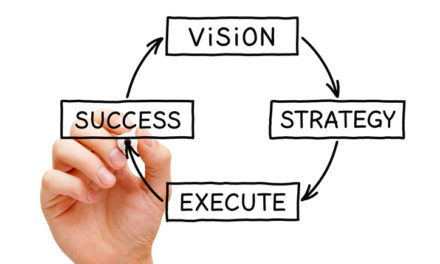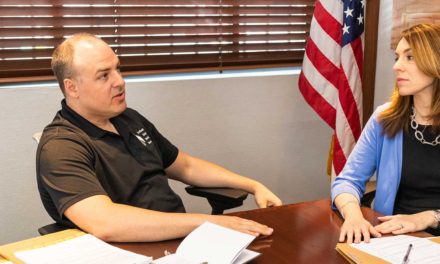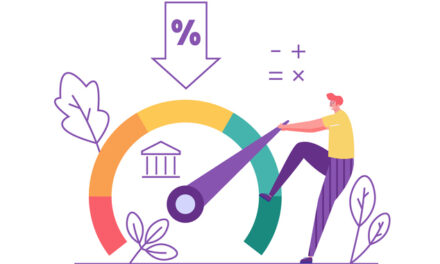During the Covid-19 pandemic, finances have been one of the forefront of worries amongst Americans. On March 27th, a stimulus package was passed in which eligible Americans would receive money from the government. There was all sorts of confusion over how much money people would get, when they would get it, and if people would have to pay it back. Here we hope to clarify some of the details about the original stimulus package as well as the second one signed on April 24th.
The CARES Act
The original stimulus package everyone has been discussing was part of the CARES Act passed by President Trump. CARES stands for Coronovirus Aid, Relief, and Economic Security. Its purpose is to provide financial assistance to businesses and individuals in order to preserve the economy to some degree and help those who receive this assistance to financially survive the pandemic. There are many programs within the CARES Act that serve to benefit both businesses and individuals.
The Paycheck Protection Program
Included in the CARES Act is the Paycheck Protection Program (PPP), which provides a loan to small businesses so they can keep paying their employees. Many small businesses were not able to get the original loan, so more money was added to the program as part of the April 24th Coronavirus relief bill. If a business uses the money toward payroll and maintains their full-time staff, then the loan becomes a grant and does not need to be repaid.
The Stimulus Check
Beginning at the start of April, as part of the overall stimulus package, eligible individuals and families started receiving stimulus checks. The maximum amount in a stimulus check is $1200 for an adult and $500 for each dependent child. In order to be eligible for the maximum stimulus payment, an individual must have an adjusted gross income (AGI) of $75,000 or lower; a married couple filing jointly must have an adjusted gross income of $150,000 or lower. For anyone with a higher salary, the stimulus payment goes down $5 for every $100 over the maximum AGI that you earn.
Will I Have To Pay Back the Stimulus Check?
In a word, no. The stimulus check is not a loan, so you will not be expected to pay it back. You also will not need to pay taxes on it. It does not affect your tax return for 2020, either. The idea behind a stimulus payment is for the individual to then spend the money on goods or services, putting the money back into circulation. Many people will likely need to use the money for bills or to pay off debt like student loans. The hope is that this spending of the stimulus package money will not only help the individual but will also help bring a little boost to the economy.
Economic Injury Disaster Loan
This loan helps small businesses by providing much-needed financial assistance. This program existed before the Covid pandemic, but on April 24th, the government funded it an additional $60 billion dollars so that it can be helpful to as many small businesses as possible more easily during this unprecedented period. Businesses can also receive a forgivable advance of $10,000 if the money is used to pay employees.
If you are an individual or a small business in need of financial assistance during the coronavirus pandemic, the experts at DeSantis, Kiefer, Shall, & Sarcone can help. We will work with you to manage your finances and to find a government grant or loan that best suits your needs. We can help you apply for government assistance, understand the stimulus package, and can clarify any questions you have about the different programs under the CARES Act and how they can benefit you.






